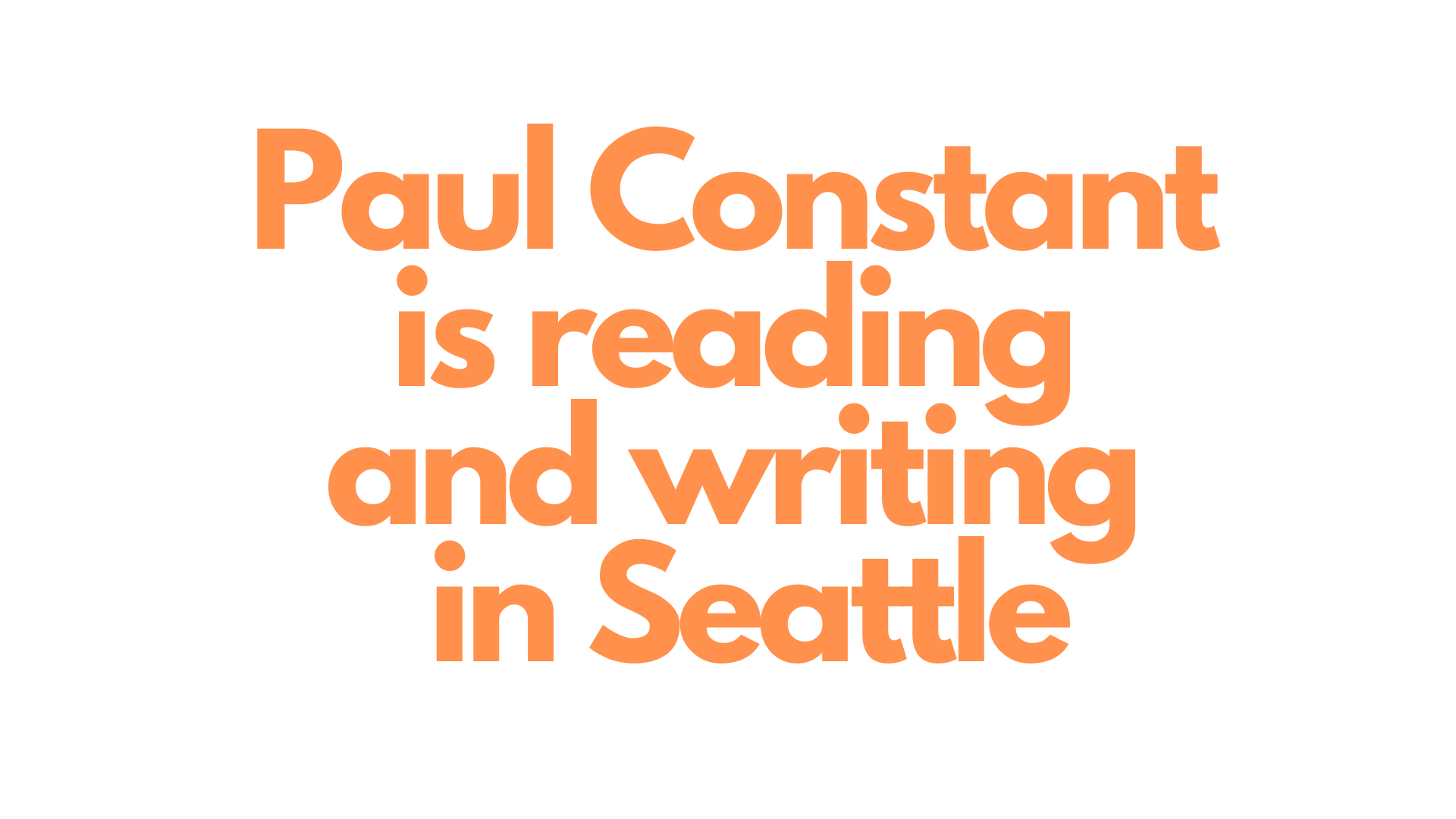Last week, in response to my column about the outsized power employers have over their workers, a Twitter user named Jim Drinkwine pointed out a glaring omission. To my comment that underpaid workers can’t simply quit and find a better job, Drinkwine added: “Don’t forget if they quit, they lose health coverage.”
That’s absolutely correct. In fact, health insurance might be the most crucial leverage that American employers hold over their workers. As the only industrialized nation that does not offer some form of government health insurance for all its citizens, the United States places its workers in the uncomfortable position of depending on employers to provide healthcare.
The failings of this system revealed themselves in gory detail earlier this year, as millions of workers were laid off from their employers at the beginning of a global pandemic — cutting them off from health insurance right when many needed it the most. And even the most basic protections provided by the Affordable Care Act are in danger of being wiped out this fall, as the Supreme Court is set to hear arguments against the popular program exactly one week after Election Day.
We’re all flesh and blood.
When a nation’s health insurance is in doubt, virtually everything else is in question as well. If the Supreme Court strips away the Affordable Care Act’s protections for people with preexisting conditions, will the tens of millions of Americans with health issues be able to afford coverage? If workers are afraid to switch jobs for fear of losing coverage, will their wages decline as they lose the ability to negotiate in the marketplace?
